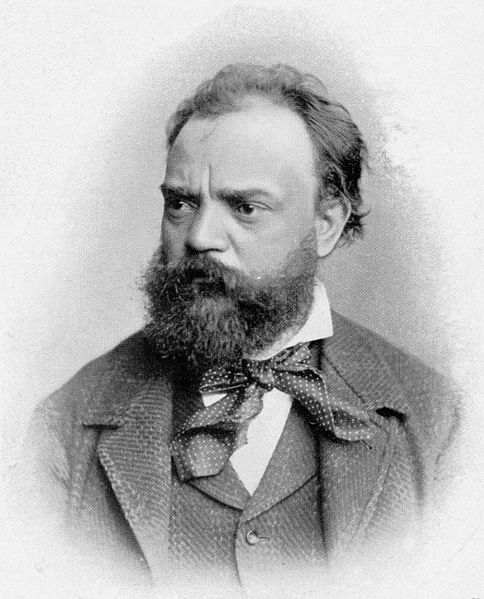It seems we can’t find what you’re looking for. Perhaps searching can help.
Antonín Dvořák
Dvořák’s music is characterized by a rich melodic imagination and vivid national character, drawing extensively from the folk music traditions of his native land. His early works were influenced by the Romantic-era giants such as Johannes Brahms, with whom he also formed a personal friendship. Brahms, impressed with Dvořák’s work, recommended him to his own publisher, leading to the international spread of Dvořák’s music.
One of his most prominent positions was as the director of the National Conservatory of Music in New York City from 1892 to 1895, where he encouraged American composers to draw inspiration from their own country’s folk traditions. This American period gave rise to some of his most famous works, including the “New World Symphony,” which reflects both the influence of Native American music and African-American spirituals.
Dvořák’s compositions encompassed a variety of genres, including symphonies, chamber music, operas, concerti, and choral music. His “Slavonic Dances” and “Moravian Duets” are excellent examples of his ability to infuse classical forms with the spirit of Czech folk music.
He returned to Bohemia in 1895 and continued to compose until his death on May 1, 1904, in Prague. Dvořák’s music remains popular in concert halls around the world, a testament to his lasting legacy as a pivotal figure in the development of national music identity and as one of the major composers of the 19th century. His work has influenced many, and his ability to blend traditional folk elements with classical form has cemented his status as a national treasure of the Czech people and a global icon in classical music.



